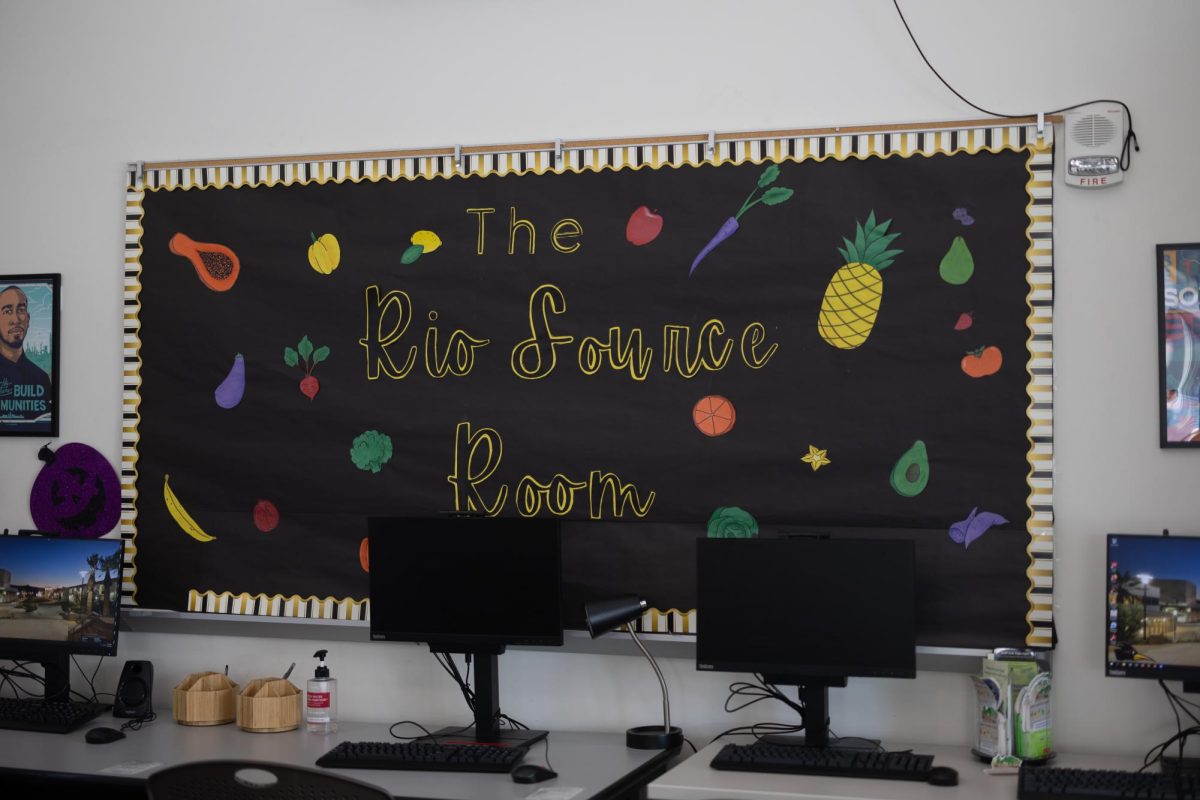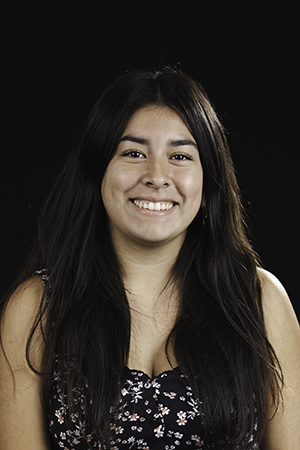As October begins, many jump start to the excitement of the holidays beginning with Halloween. But in October many honor the beginning of a month filled with awareness surrounding Domestic Violence.
Partnered with the East Los Angeles Women’s Center, the You Are Not Alone Support Group is here to help.
The East Los Angeles Women’s Center started as a response by female latina community members.
The non-profit Women’s center created the first bilingual crisis hotline that has been continuously running for 47 years.
People can connect 24/7, one on one with trained advocates through a completely anonymous call. “This is a place for them to talk if in crisis, victims can use it to get information or referrals if needed” said Herrera.
The crisis center helps in other areas. Human trafficking and other areas guide other groups such as youth, males, mothers or abusive families.
The You Are Not Alone Support Group provides both sexual assault and domestic violence resources. “We are unique’” said Herrera. They are led by ELAWC Therapist Madelin Melara. During every session, paintings and artwork are provided as topics discussed can be very harsh. The group will meet every first and third Tuesday of every month for the rest of the semester.
The You Are Not Alone Support group is in partnership with the Violence Intervention Program. The California Governor’s Office of Emergency Services is a federal grant it is under. Services for students with the impact of sexual assault are available. With the grant and VIP coming into play, services added such as basic needs support and extended to not only students but faculty on campus. “We know that individuals are going to be facing other challenges,” said Herrera.
The support group is open to any student on campus. “We want to make sure every student feels comfortable sharing their experiences before entering the support group,” said Herrera. The group is “super trauma informed, incredibly inclusive and we do not just service women but all genders” said Herrera. Students can share their experience in their safe space. They can release traumatic experiences if they choose to.
The data and research showing that the numbers of domestic violence and sexual assault cases are extremely high for college students.“We acknowledge that trauma is this ‘invisible wound’ and if not met with support, empathy and sympathy it can lead to this invisible infection that can take over the body and hurt it” said Herrera.
This month, the Violence Intervention Program is inviting students to two of the Safety Awareness and Basic Self Defense workshops. In the month of October, students will learn basic self defense tactics. “They can learn about things we know but don’t often think about such as always paying attention to your surroundings,” said Herrera. Anyone that has any questions or that is interested can email Daniela Herrerra, [email protected].



